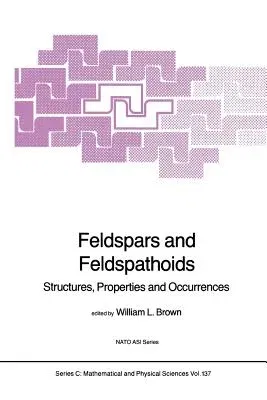Feldspars and Feldspathoids: Structures, Properties and Occurrences (Softcover Reprint of the Original 1st 1984)Paperback - Softcover Reprint of the Original 1st 1984, 3 October 2013

Qty
1
Turbo
Ships in 2 - 3 days
In Stock
Free Delivery
Cash on Delivery
15 Days
Free Returns
Secure Checkout
Part of Series
NATO Science Series C:
Part of Series
NATO Science Series C: (Closed)
Print Length
542 pages
Language
English
Publisher
Springer
Date Published
3 Oct 2013
ISBN-10
9401569312
ISBN-13
9789401569316
Description
Product Details
Book Edition:
Softcover Reprint of the Original 1st 1984
Book Format:
Paperback
Country of Origin:
NL
Date Published:
3 October 2013
Dimensions:
23.39 x
15.6 x
2.9 cm
ISBN-10:
9401569312
ISBN-13:
9789401569316
Language:
English
Location:
Dordrecht
Pages:
542
Publisher:
Weight:
780.18 gm

